Preparing neurodivergent teens for the transition to college during high school requires a thoughtful approach that goes beyond academics. Parents play a crucial role in this process, helping their teens develop essential skills such as self-advocacy, executive functioning, and building social connections. Here’s how parents can support their neurodivergent teens in getting ready for college across sophomore, junior, and senior years.
Self-Awareness & Advocacy for Neurodivergent Teens
- Understanding Learning Styles: Encourage your teen to discover how they learn best, whether through visual aids, hands-on activities, or verbal instructions. This self-awareness will be invaluable in both high school and college, where students are expected to advocate for their own accommodations. Parents can support this process by asking questions like, “What tools help you most in studying?” or “Do you feel more comfortable in structured or flexible environments?”.
- Developing Self-Advocacy Skills: One of the most critical skills for neurodivergent teens is learning to advocate for themselves. Unlike high school, where parents and teachers handle most accommodations, college students are responsible for communicating their needs to professors and disability services. Parents can help their teens review their current accommodations and discuss what might be necessary in college, such as extended test time or note-taking support.
Independent Living & Executive Function
- Building Time Management and Organizational Skills: Time management is a critical skill for college success, especially for neurodivergent teens who may struggle with executive functioning. Parents can assist by introducing digital tools like Google Calendar, helping their teen set reminders, and breaking down tasks into manageable chunks. Challenge your teen to manage their executive function skills such as time management, organization, and planning more independently. Summer programs that focus on executive functioning skills can be an excellent way for teens to practice organizing their time in a real-world setting.
- Practicing Independent Living Skills: Some neurodivergent teens may live away from home for the first time when they start college. High school is a perfect time to practice independent living skills such as doing laundry, managing a budget, and preparing simple meals. Parents can encourage their teens to take on more responsibilities at home to build confidence. After gaining some confidence in these skills at home, it’s helpful to give teens the opportunity to apply their skills in a new environment before going off to college, such a summer program on a college campus.
Fostering Social Connection & Well-Being
- Encourage Extracurricular Activities: Extracurricular activities give teens a chance to practice balancing their schedule with different responsibilities, while creating opportunities for social interactions with like-minded peers. Support your teen in finding an afterschool activity, whether it’s through or outside of school. Opportunities like volunteering, part-time jobs, or school clubs are great ways for teens to have fun in a productive way that supports their college readiness.
- Managing Stress and Mental Health: Transitioning to college can be stressful, so it’s important for neurodivergent teens to have coping strategies in place. Parents can help by promoting self-care activities such as mindfulness or exercise and discussing how to manage stress in a college environment. Summer programs can give teens an opportunity to practice their coping skills outside of the structure of their life at home.
Exploring Interests & College Support Options for Neurodivergent Students
- Researching Various Support Services in College: Early research on the types of support available in different college environments will build confidence in what your teen is working toward. There are a plethora of programs for neurodivergent students, both within and outside of college, that offer academic, social, and independent living support in different forms. Encourage your teen to be part of the research process and engage in conversations about what type of support they may benefit from in college. Summer programs that offer college visits and workshops on accessing support in college can help build confidence in your teen as they begin to think more seriously about applying to schools.
- Exploring College Options and Campus Visits: Junior year is a prime time to begin visiting colleges and doing more in-depth research. Parents can help their teens evaluate schools based on the strength of their disability services and how supportive the campus culture is for neurodivergent students. Participating in pre-college summer programs can provide teens with a taste of dorm life and the chance to experience the type of college environment that suits them best.
- Exploring Interests and Future Career Paths: High school is a great time to start thinking about college majors and potential career paths. Parents can encourage their teens to explore extracurricular activities and summer programs that align with their interests, such as STEM workshops, arts camps, or volunteering opportunities. These experiences will help teens build confidence and discover potential fields of study.
Conclusion
Preparing for college as a neurodivergent teen requires a multi-faceted approach. By starting early, focusing on self-advocacy, and practicing executive functioning and social skills, parents can help their teens build the confidence and independence needed for college success. Summer programs designed for neurodivergent teens can be an excellent resource throughout high school, providing valuable opportunities for growth and preparation.





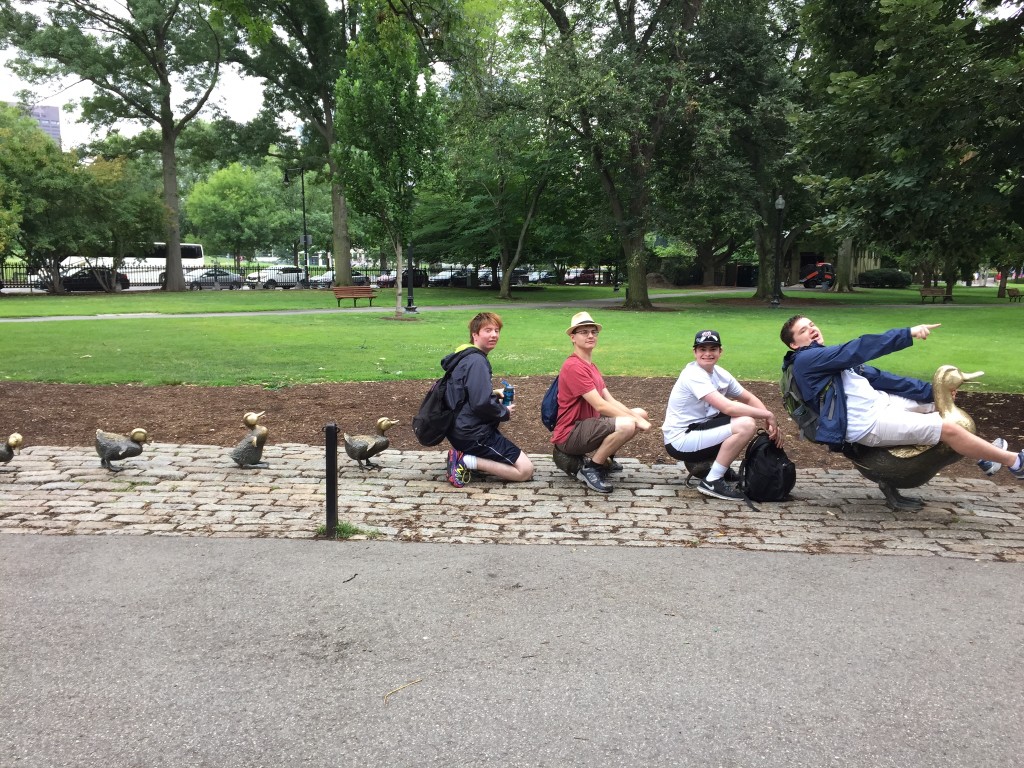

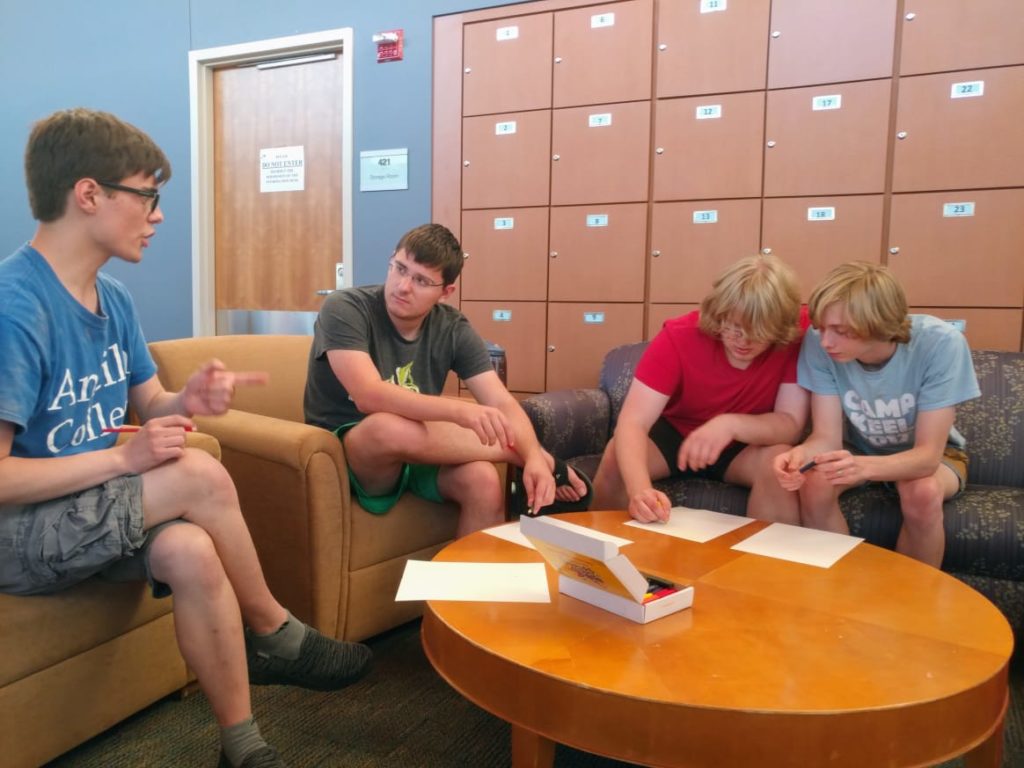
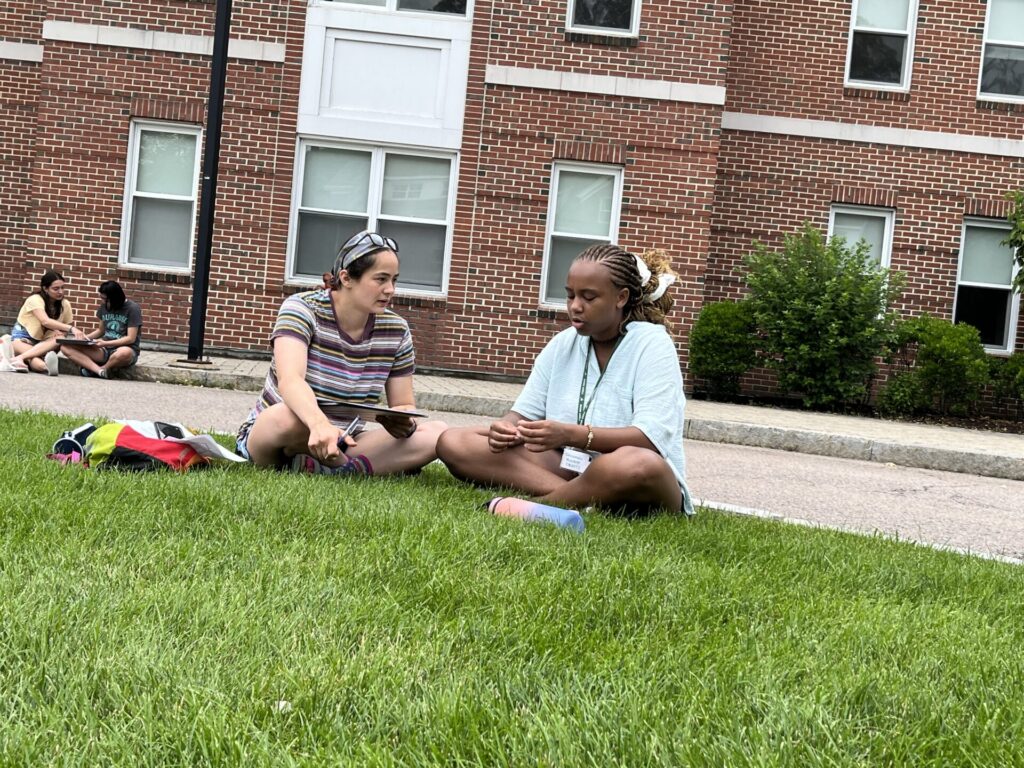
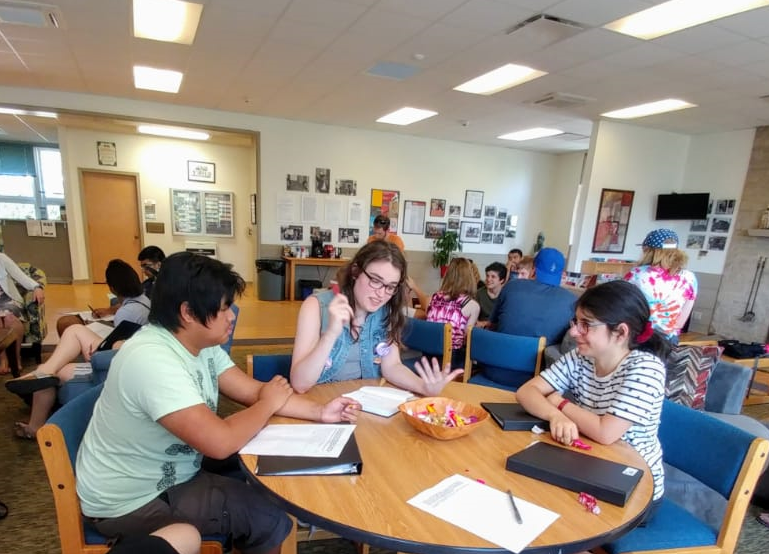

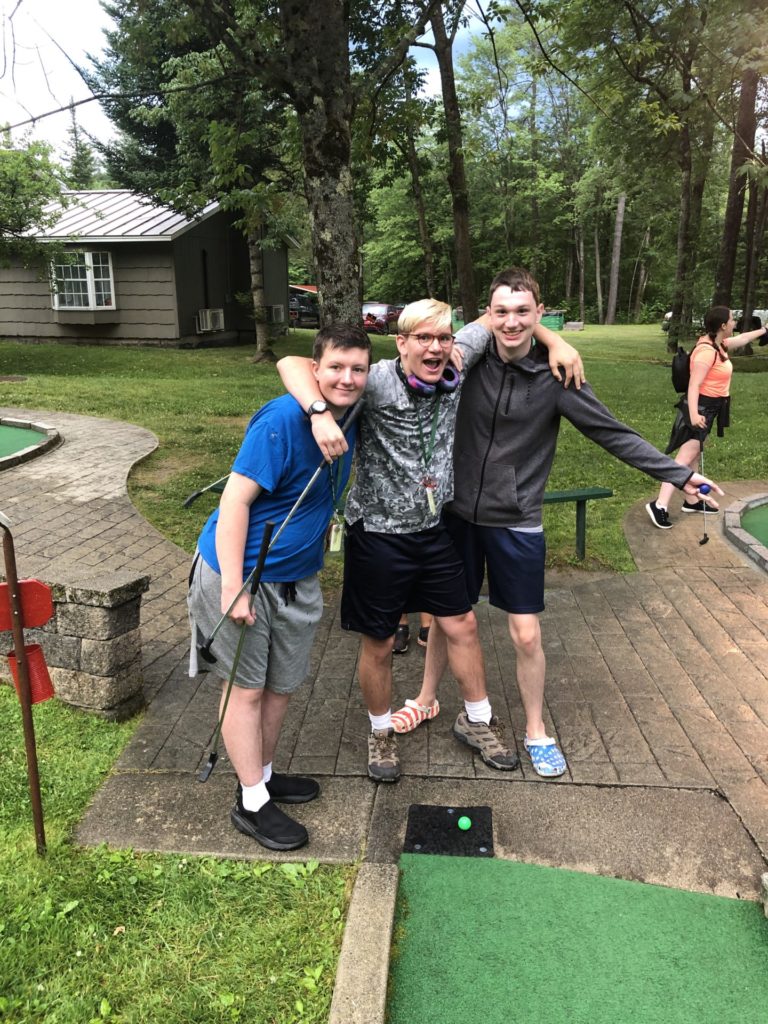
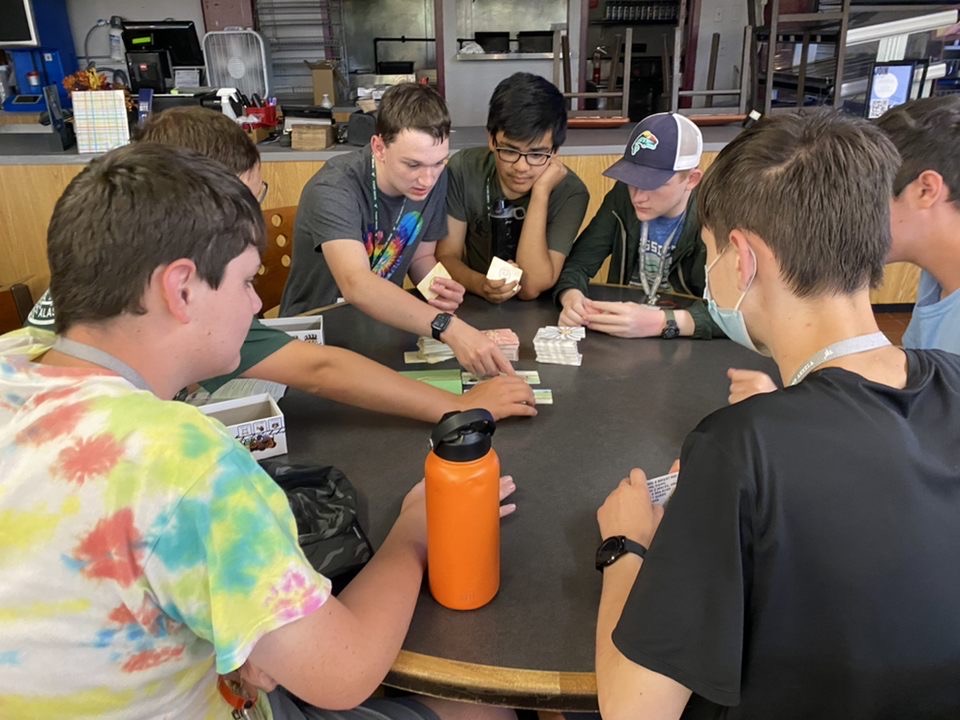

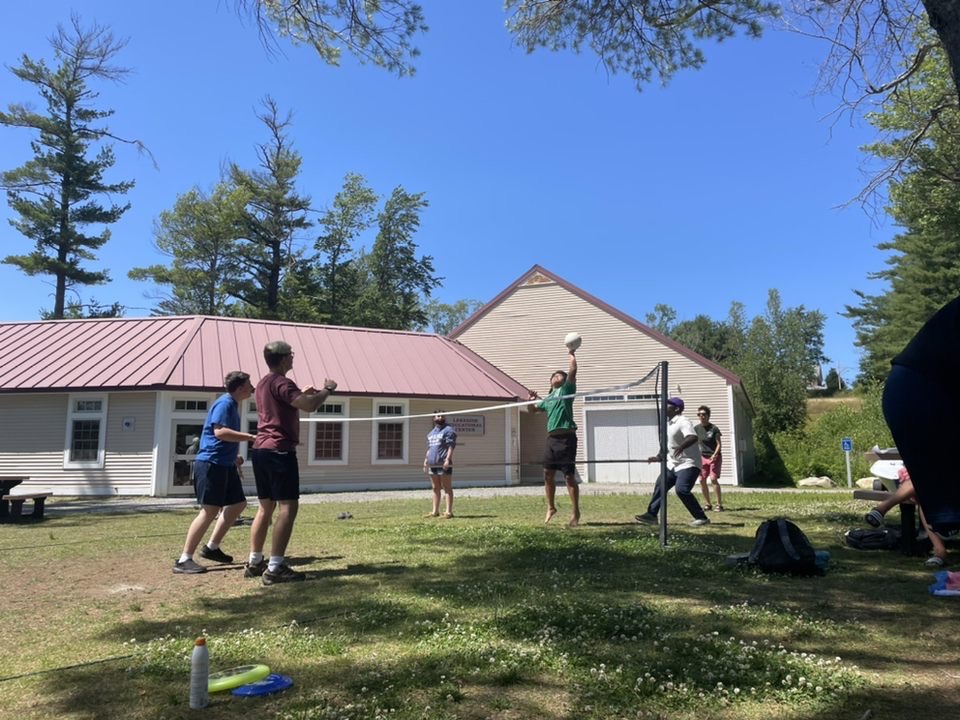
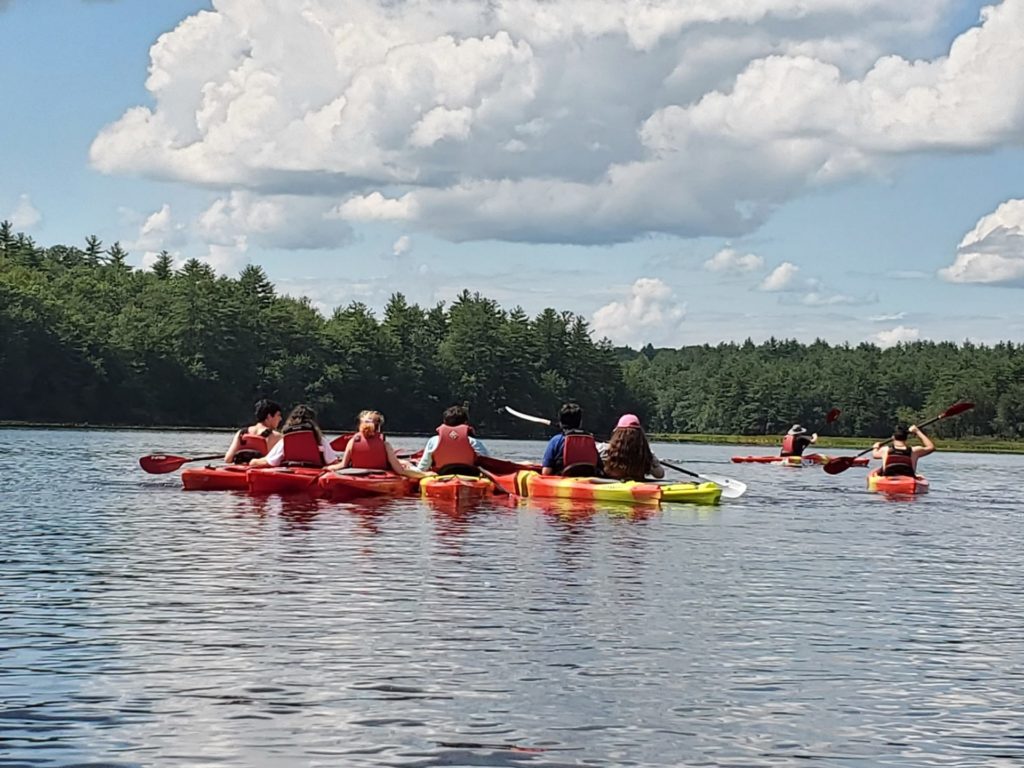
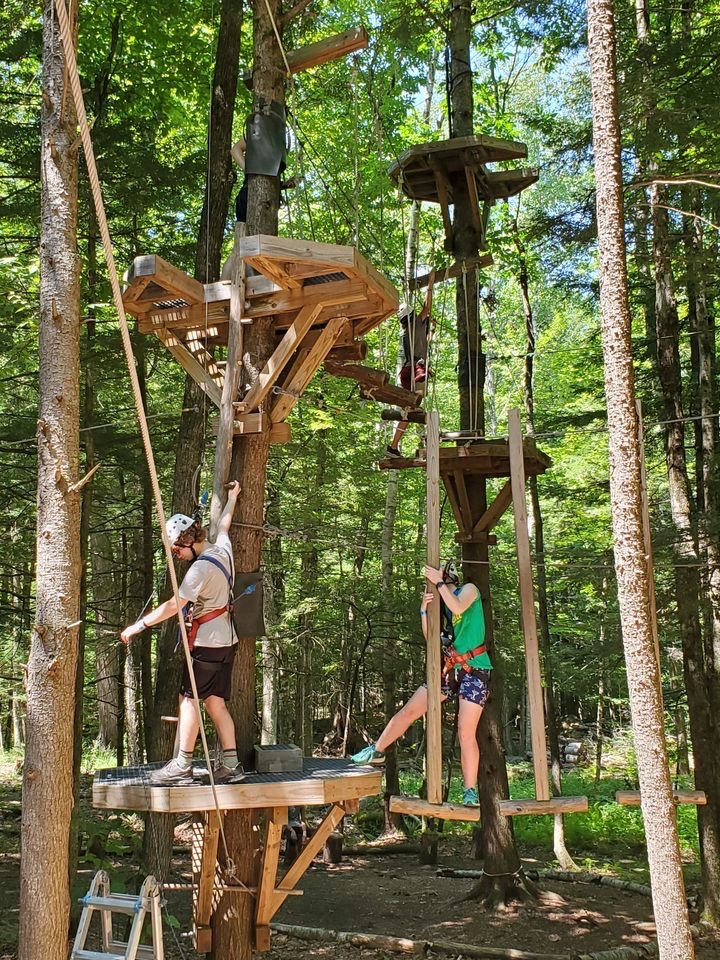
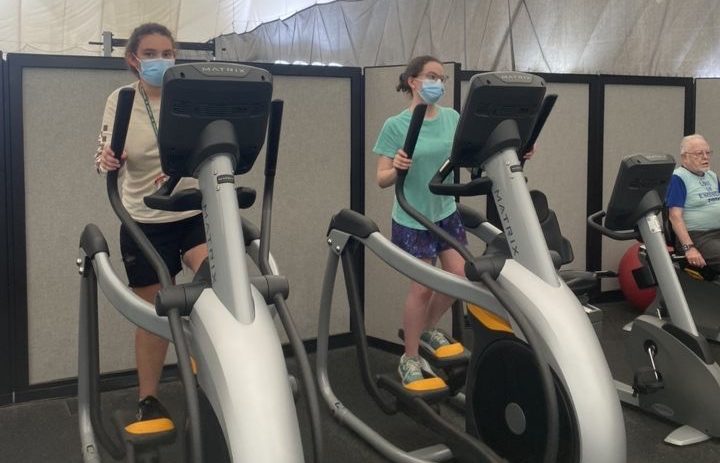
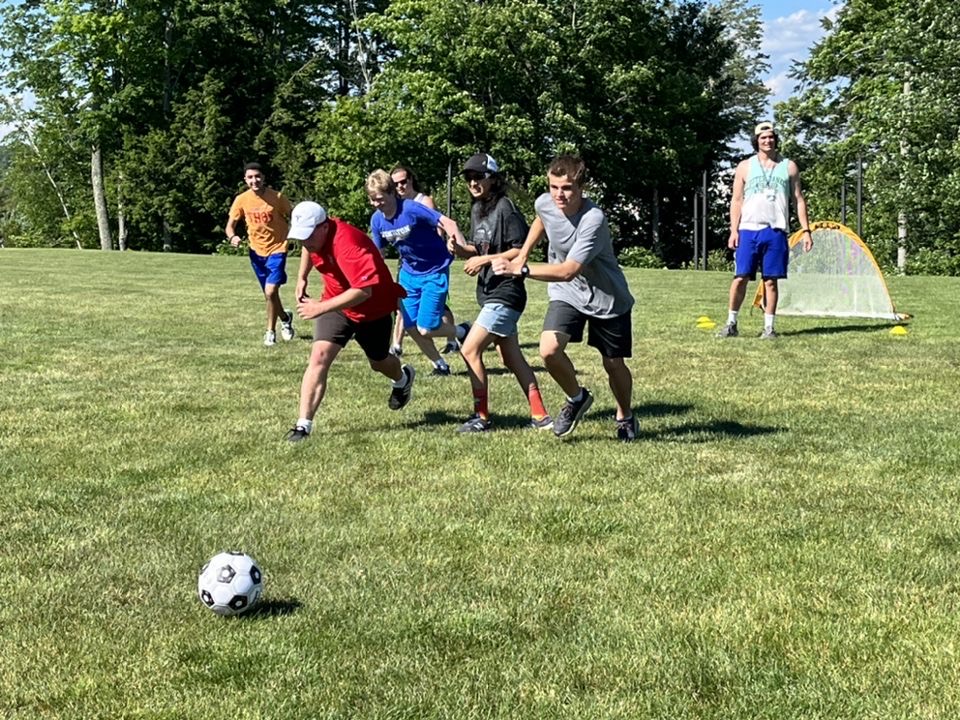
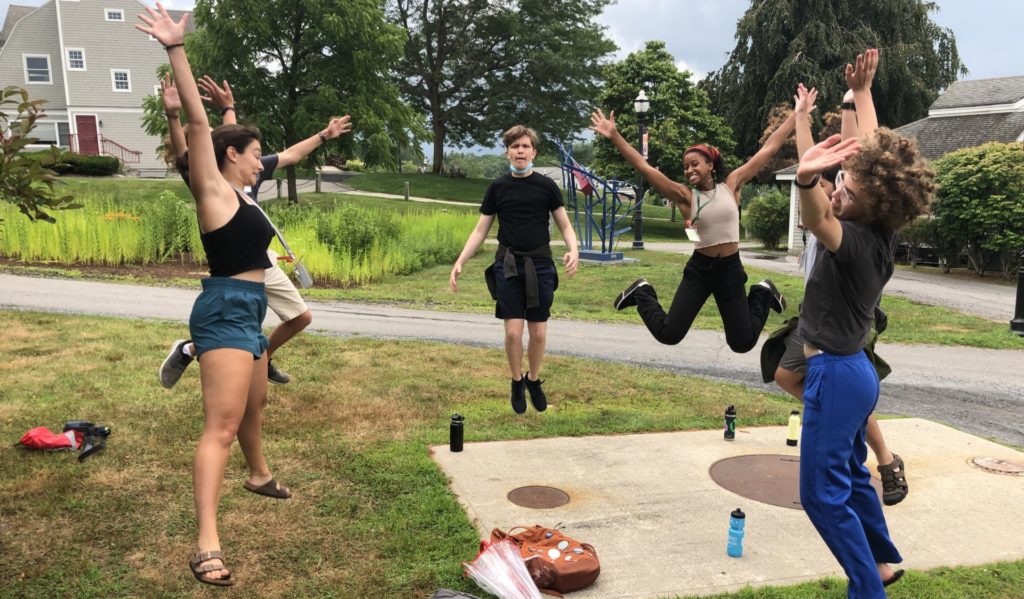
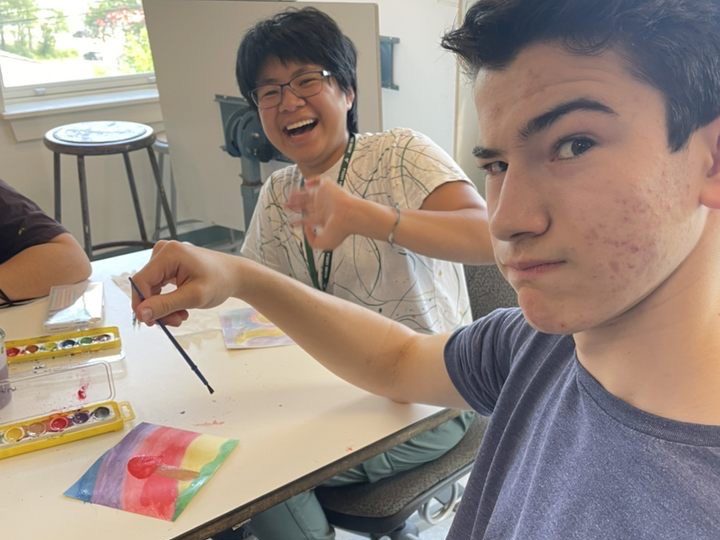
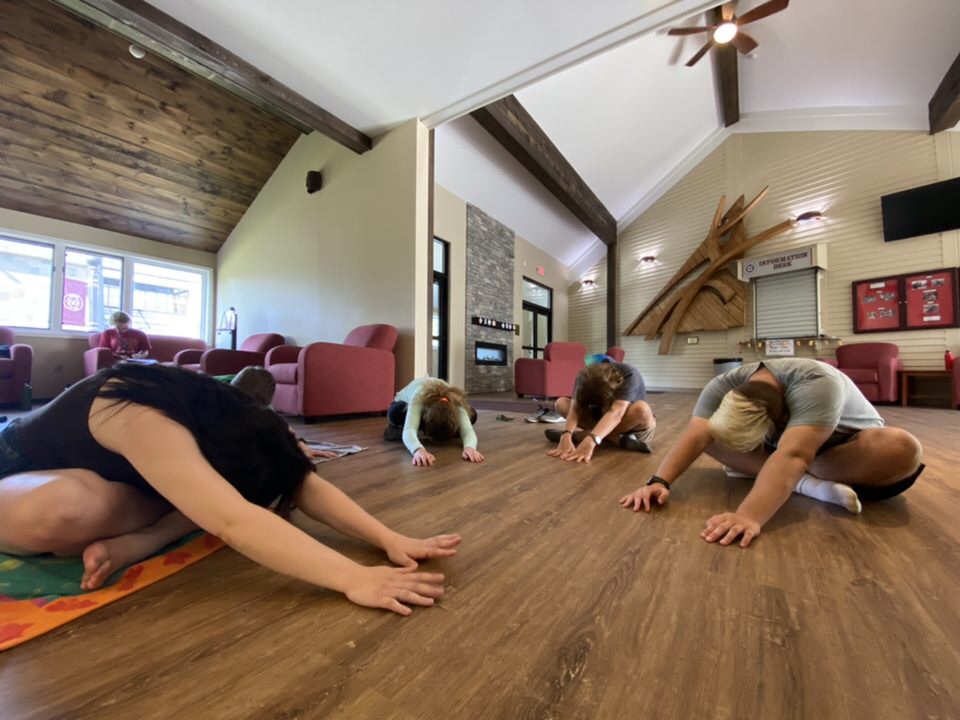
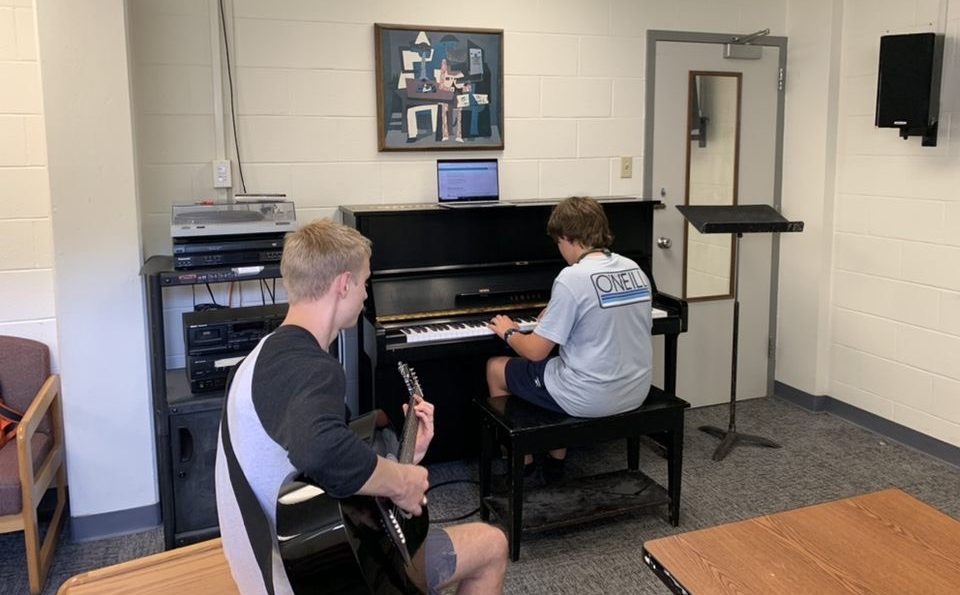
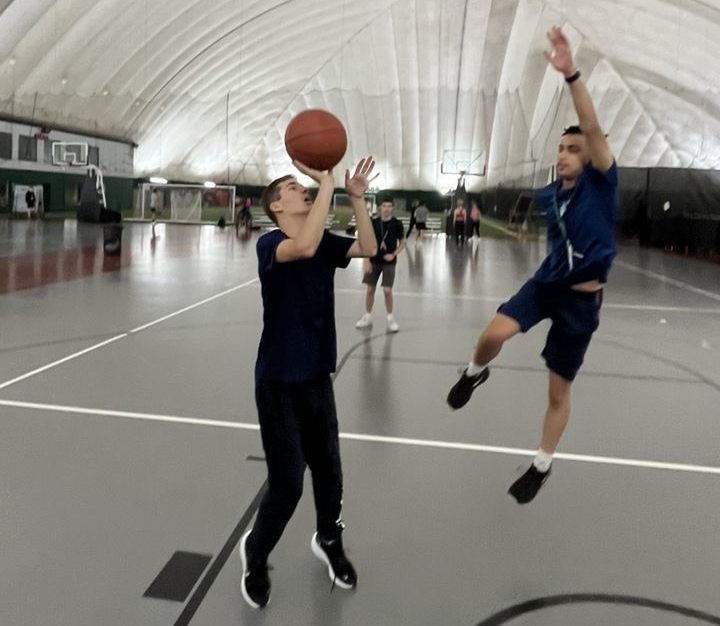
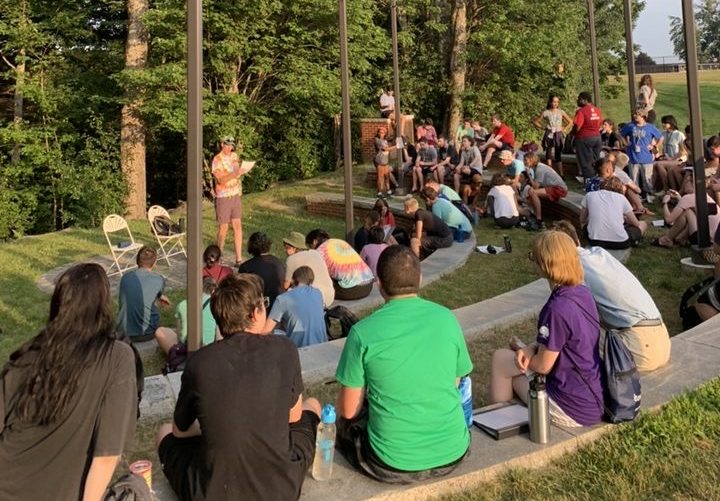
I never been to a public compus before
If you’re considering attending a public university, we’d encourage you to visit them first so you can get a sense for what it will feel like!
Hardest step we are facing with the transition is what our High School is helping with and not telling us about support and what they need to assist with in the transiton. Our IEP team is made up is growing and the HS is getting very limited on what they need to do to support our kiddo. I am looking for the rights our kids have and what options allow him to move forward because he is so successful if the start to take away support I feel he will go backwards.